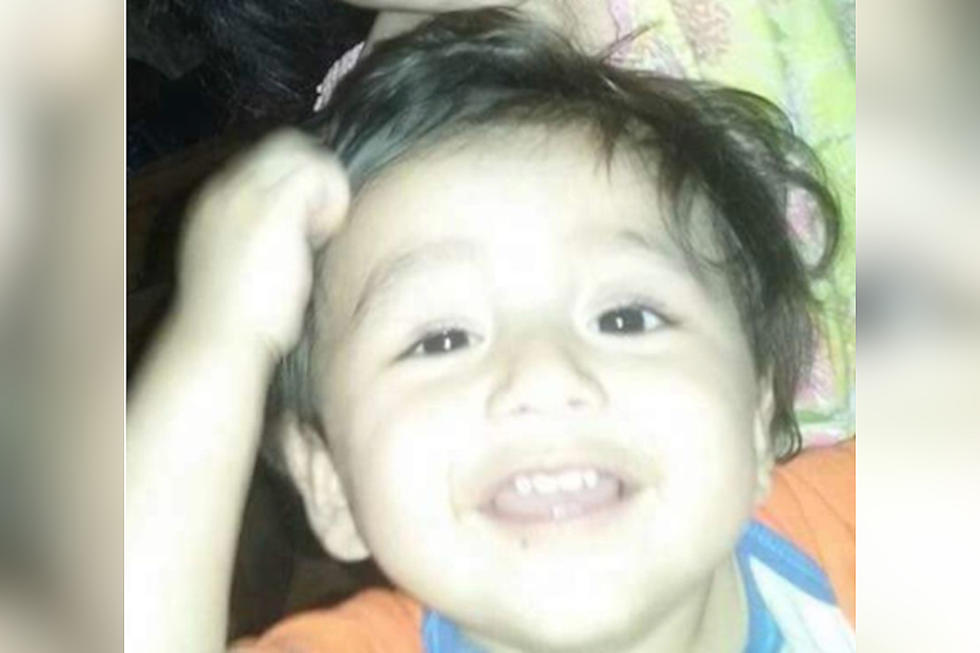
Texas’ Embattled Elections Chief on Brink of Losing Job
By PAUL J. WEBER and JIM VERTUNO Associated Press
AUSTIN, Texas (AP) — Texas' embattled elections chief who wrongly questioned the U.S. citizenship of tens of thousands of voters was on the brink of losing his job Sunday, while Republican lawmakers prepared to head home hoping to save their own in 2020.
Secretary of State David Whitley appeared set to go down without a public fight in the final hours of an unusually quiet session of the Texas Legislature, where a weakened GOP majority this year showed little appetite for partisan battles over signs their grip on the Capitol is slipping.
Whitley, a former top aide of Republican Gov. Greg Abbott, can't stay in office unless the state Senate confirms his nomination before the session ends Monday. But his prospects were dimming by the minute as Democrats continued blocking a vote on his confirmation, as they have done since February.
That was after Whitley's office rolled out a bungled scouring of voter rolls that flagged nearly 100,000 voters as potential noncitizens. President Donald Trump seized on the news out of Texas to renew his unsubstantiated claims of widespread voter fraud, but within days, it became clear the data used was deeply flawed.
The botched search reignited tensions over voting rights in Texas, and Whitley angered Democrats when he went on to say at his confirmation hearing that it was "irrelevant" how he would personally define voter suppression.
"The clock has not run out yet, but the reality is that most Democrats felt that, whether intentional or not, it was a personal affront to Democrats in the state of Texas," Democratic state Sen. Royce West said. "Not understanding or appreciating voter suppression as an issue that we have consistently been on guard against, his lack of understanding on that, frankly, solidified our resolve to make certain we don't put a person in there who is not sensitive to those types of issues."
Another Democrat, Sen. Judith Zaffrini, said: "The mistake he made had such a negative impact on the people we represent, and really all Texas voters."
A spokesman for Whitley did not immediately return a message seeking comment Sunday.
His confirmation wasn't the only tension point quietly playing out behind the scenes, rather than in full view of the Texas Legislature.
On Sunday, hours before a deadline to approve a new Texas budget, GOP leaders scrubbed spending another $100 million for new "surge operations" on the U.S.-Mexico border that was requested by Abbott. The 11th-hour proposal ruffled Democrats, who have questioned the billions of dollars the state has spent this decade on patrolling the border.
Texas already spends $800 million on border security every two years. Republican state Rep. John Zerwas, the Texas House's top budget writer, said Sunday a decision was made that the additional money would have been redundant.
The about-face appeared to be another example of Republicans — coming off their worst election in a generation in Texas — choosing not to dig in their heels over divisive issues. Rancorous battles over immigration, abortion and LGBT rights also didn't erupt like past years, including 2017, when the Legislature was upended by a "bathroom bill" targeting transgender people.
Instead, Abbott and GOP leaders this year focused on a school finance overhaul that pours an extra $4.6 billion in classrooms , along with giving teachers $1.6 billion in raises .
"This was an extraordinary session in terms of the prosperity of the state and doing some things that we haven't been able to do before," Zerwas said.
Lawmakers also were set to approve several school safety measures Sunday in response to the May 2018 shooting at Santa Fe High School near Houston that killed 10 and wounded 13 others. Those bills included up to $100 million to "harden" campuses with security measures and boosting mental health resources for schools and students.
One measure that didn't survive was allowing appointed school marshals to carry their weapons around students. They must instead keep their firearms locked away.
That irked some gun rights advocates.
"A gun-free zone is an open invitation to a mass shooter," said Republican Sen. Bob Hall. "We have missed an opportunity to make our schools safer."
More From KTEM-AM









